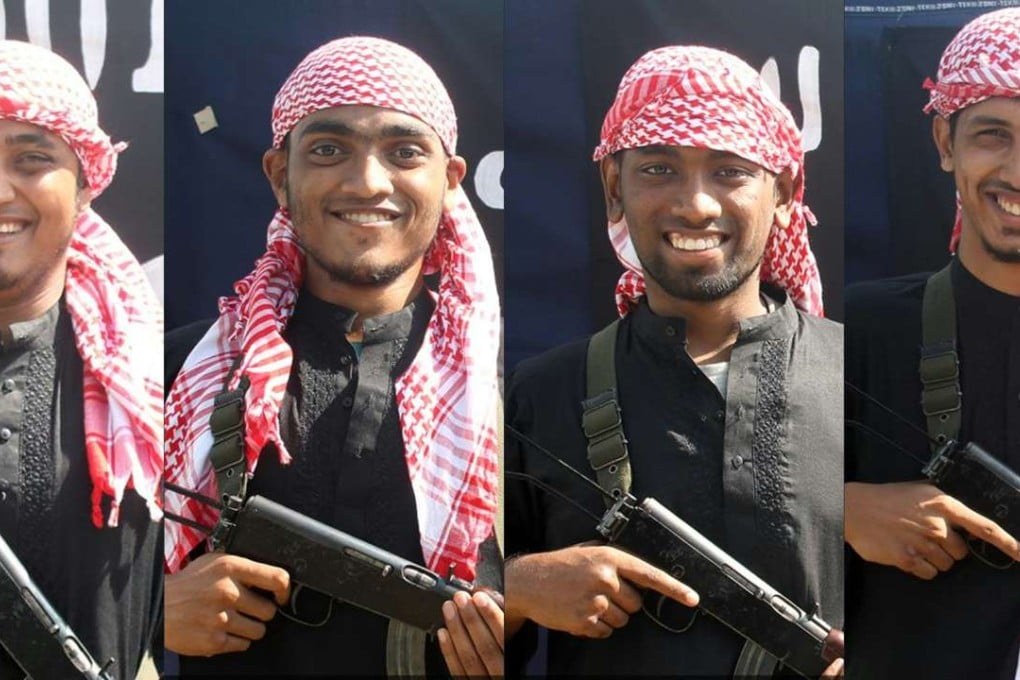Militant Islam and the missing boys of Bangladesh
As intelligence agencies search for ‘missing boys’, fractured identities and unchecked Islamist propaganda fuel a creeping radicalisation

Why would a young Hindu man working in Japan turn to militant Islam and plan a terror attack in Bangladesh? Nearly two months after a bloody hostage drama at an upmarket Dhaka cafe and a bomb attack on an Eid congregation, police in Bangladesh are still grappling with questions like this as they unearth fresh proof daily of a silent radicalisation that has in sucked hundreds of young men and women across the nation.
20 ‘foreign’ hostages killed after Islamic State militants storm Bangladesh restaurant
On Monday, three women students of a private university and a woman intern at the Dhaka Medical College Hospital were arrested in a midnight raid for alleged links to outlawed Jamatul Mujahideen Bangladesh (JMB), which was blamed for the cafe attack on July 1 that killed 22 people. That was shortly after the related arrests of a British national and a University of Toronto student.
Officials made a list of “missing boys” who haven’t been seen in months. “We are checking their whereabouts and trying to find out how many of them have joined any jihadist groups,” said counterterror chief Monirul Islam.
Outfits like JMB, Ansarullah Bangla Team, Hizb ut-Tahrir and Ansar al Islam, he said, had recruited dozens of young boys in the last three years. And many of the “missing boys” had evidently joined them.
“My son converted to Islam in Japan but now I hear he has gone missing,” said Janardhan Debnath, a Hindu man from Karaibari village in Brahmanbaria district. “I have no idea what’s going on,” he told This Week in Asia.